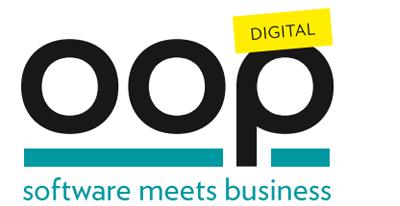Please note:
On this page you will only see the English-language presentations of the conference. You can find all conference sessions, including the German speaking ones, here.
The times given in the conference program of OOP 2023 Digital correspond to Central European Time (CET).
By clicking on "VORTRAG MERKEN" within the lecture descriptions you can arrange your own schedule. You can view your schedule at any time using the icon in the upper right corner.
Track: Keynote
- Mittwoch
08.02. - Donnerstag
09.02.
- The race for performance and the variety of specialized workloads drives the industry to build more parallel, more heterogenous (multi accelerator), and distributed computing systems.
- These systems introduce programming challenges and barriers of entry to developers.
- Software solutions can make technologies like AI accessible, safer and easier to use by wider communities.
- We will present some of the driving forces, world trends, challenges, and emerging solutions such as oneAPI, AI…
Learn key patterns, practices, tools, and techniques which lead to successful cloud adoption. Lynn's work with research teams around genomic-scale data pipelines for human health will be highlighted in this keynote.
Since the dawn of software development, programmers have been perpetually occupied with migrating our "legacy" code to "the new platform". As soon as we finish, it is obsolete, and we need to start over. Today we are typically in the midst of moving to the cloud. We need DevOps, microservices, new frontend frameworks ... there is always some new tool that promises to deliver much better value than our existing solutions. Millions - even billions - are spent on these initiatives. Are they worth…
As tiny robots become individually more sophisticated, and larger robots easier to mass produce, a breakdown of conventional disciplinary silos is enabling swarm engineering to be adopted across scales and applications, from nanomedicine to treat cancer, to cm-sized robots for large-scale environmental monitoring or intralogistics. This convergence of capabilities is facilitating the transfer of lessons learned from one scale to the other. Larger robots that work in the 1000s may operate in a…

